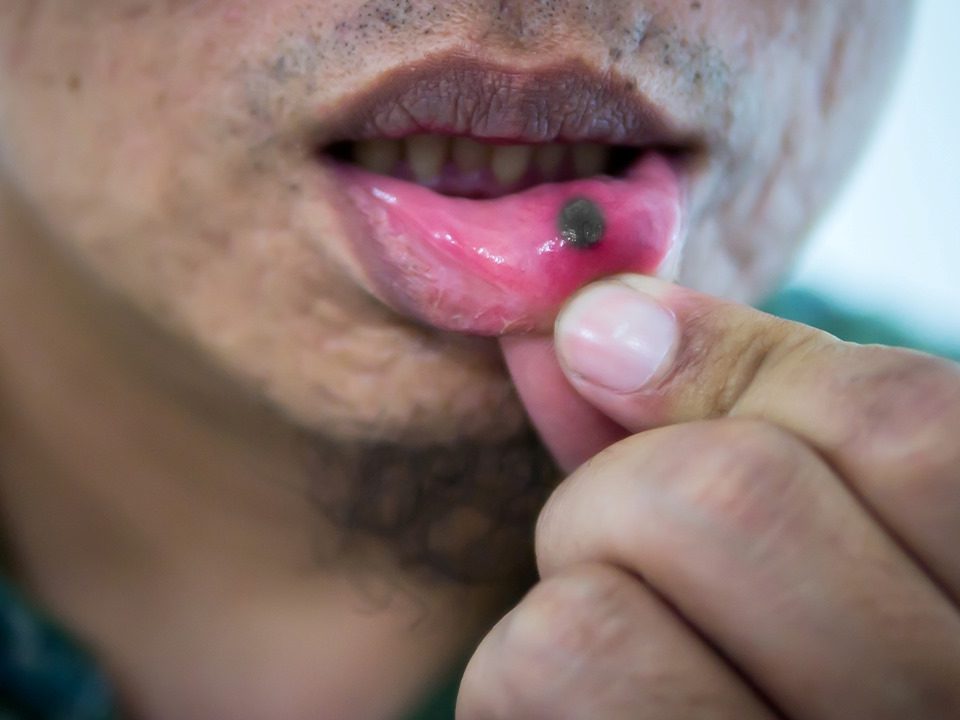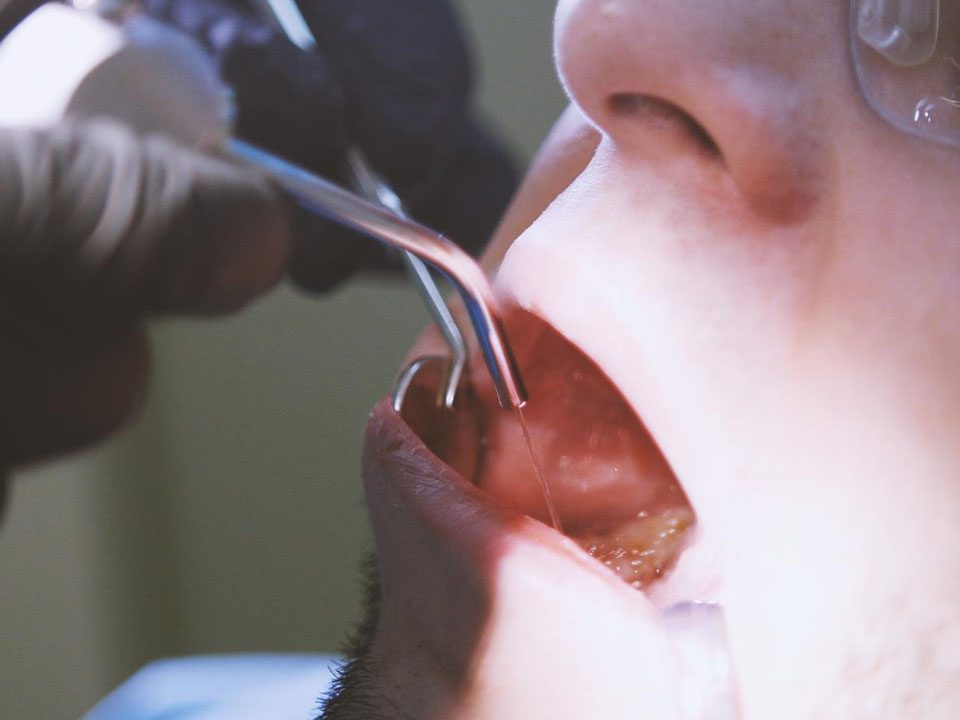
Is Sedation Better than Anesthesia?
November 8, 2023
What is the Most Common Dental Emergency?
November 15, 2023Night guards are convenient and practical devices generally used for those who grind their teeth (bruxism) and clench during the night and can protect their teeth and jaw, but sometimes the question arises for users whether night guards damage gums.
Table of Contents
ToggleCan Night Guards Damage Gums?
In general, night guards are useful devices with many benefits, but sometimes night guards damage gums if you are not paying attention to some details about these useful devices. Here are some essential details:
- Material Allergy. Some people may experience allergic reactions to the ingredients used in night guards. Symptoms can include gum irritation or inflammation. In such cases, your dentist can recommend anti-allergic options.
- Material Quality. The quality of materials used in Night Guard is also important. Low-quality materials may not provide the same comfort or protection and may lead to gum irritation and damage.
- Bad Fit. Your night guard must fit your teeth; too tight or loose night guards can move around in your mouth, causing discomfort and, over time, leading to gum damage, soreness, or even receding gums.
- Adaptation Period. Sometimes, when people start using night guards for the first time, they may feel discomfort or sensitivity in the gums. Still, there is no need to worry because this unpleasant feeling is temporary and will disappear when the gums and teeth adapt to the new device.
- Poor Hygiene. Night guards should be cleaned regularly and be free of bacteria and plaque. Failure to do this can turn the guard into a breeding ground for bacteria and lead to gum and even tooth damage.
- Using Too Much. Some users may use night guards too often or more than necessary without consulting an Ahwatukee dental professional. This long-term, unsupervised use can lead to tooth shifting or bite changes that indirectly affect gum health.
- Biting Down Too Hard. In some people, using a night guard causes excessive biting and squeezing of the teeth; this pressure causes damage to the gums over time.
- Old or Worn-Out Guards. Old or damaged night guards may have jagged edges or no longer fit properly, leading to cuts or irritation of the gums.
- Ignoring Bigger Issues. Sometimes, problems such as stress or misaligned teeth cause teeth grinding.
What Are the Signs that Night Guards Damage Gums?
In Phoenix, Arizona, if the night guards damage gums, you may notice a few signs:
- Red or Swollen Gums
- Sore Gums
- Bleeding Gums
- Receding Gums
- Different Bite
- Pain while Eating
- Bad Breath
- Allergy Signs
- Damaged Night Guard
- Sensitive Teeth
What are the Side Effects of Wearing a Night Guard?
Night guard side effects may include:
- Discomfort. It may take some time to get used to having a foreign object in your mouth, and during this time, you may feel discomfort but note that this discomfort is temporary, and if it persists, you should consult your dentist.
- Increased salivation or drooling. Some people may experience increased salivation or drooling when using a night guard. This is a common side effect that often subsides as you get used to the device.
- Soreness or tiredness. You may feel tired or sore in your jaw and facial muscles for the first few days of wearing a night guard, but this feeling should go away as your muscles get used to using the night guard.
- Changes in chewing. Sometimes, long-term use of Nightguard can lead to slight changes in the alignment of your bite. However, these changes are usually reversible after you stop using the guard.
- Speech difficulties. You may find it challenging to pronounce certain words or sounds while using night guards.
- Cleaning and Maintenance. Night guards need regular cleaning so that bacterial infection from night guards does not accumulate in them. Otherwise, it will cause problems in oral and dental hygiene.
Read More: Venous Lake Treatment in Phoenix
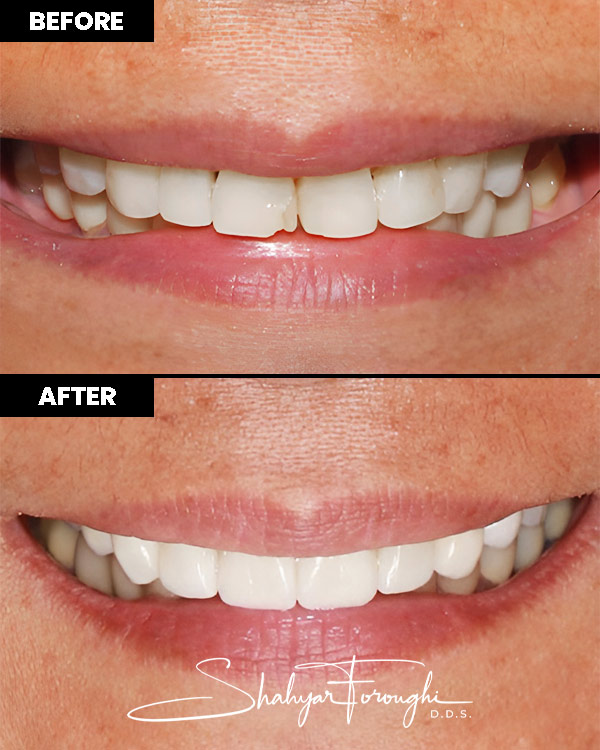
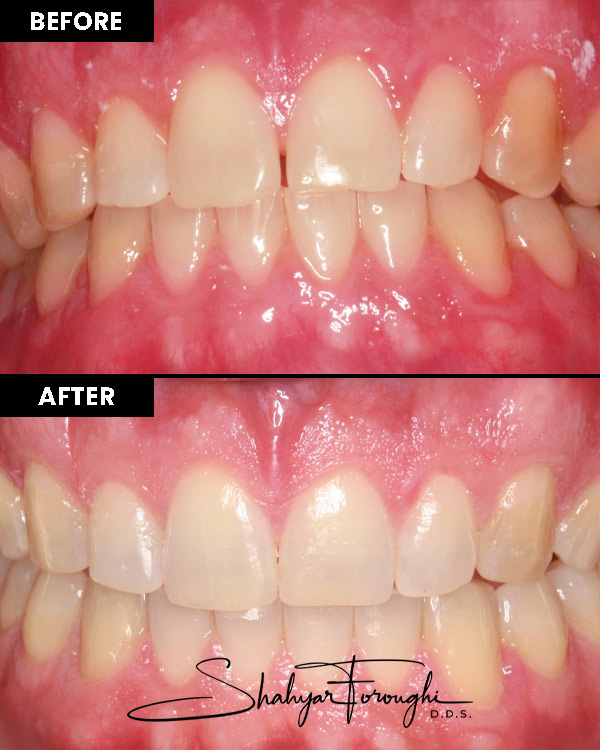
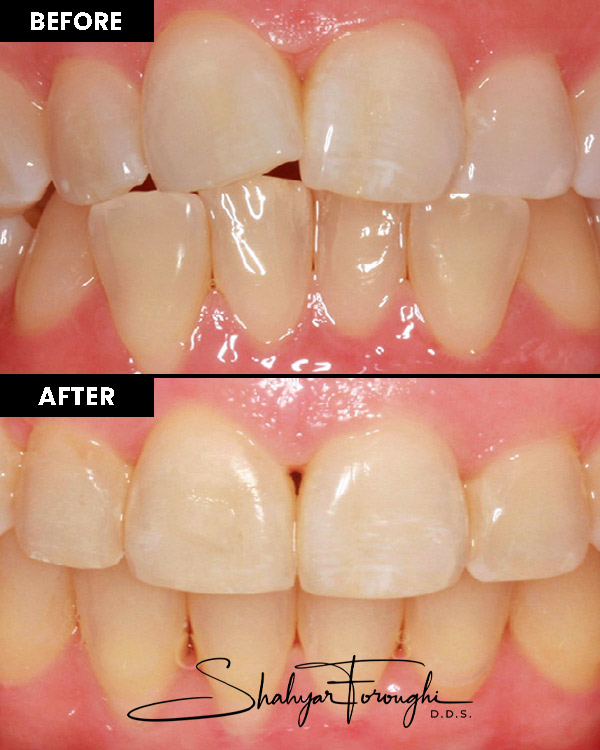
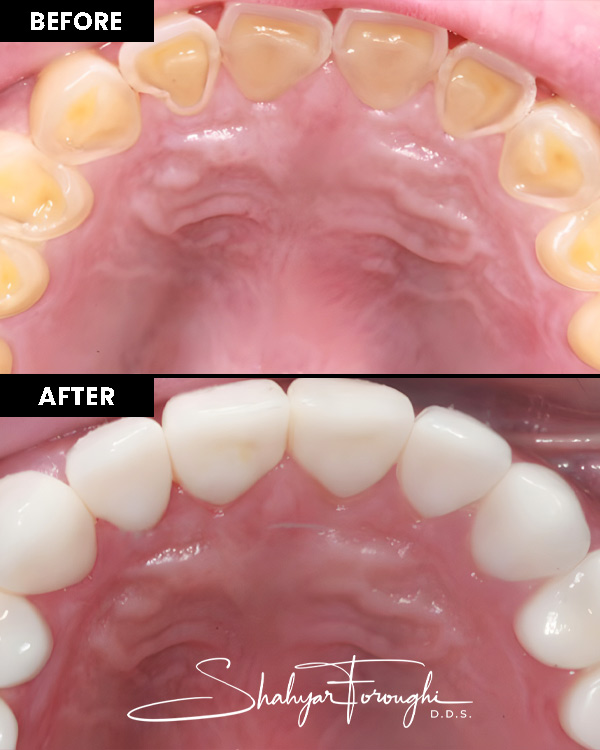
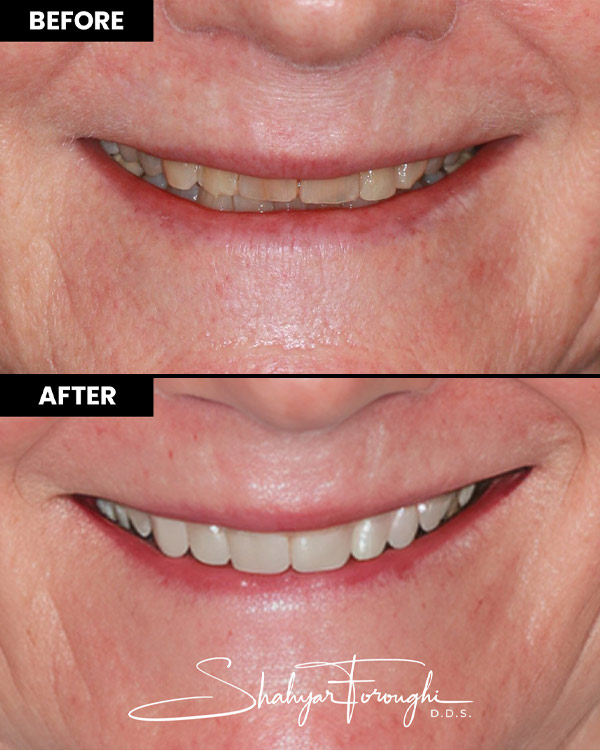
Should My Night Guard Touch My Gums?
Alright, now we know that night guards damage gums in some minor ways. There are different types of night guards; some are full coverage and may gently touch the gums, but others are partial coverage and are only placed on the teeth. It’s also best to choose custom night guards made by your dentist that conform to the unique contours of your mouth, but over-the-counter options may not fit perfectly and lead to gum contact and damage.
Regardless of the type, night guards should never cause you discomfort. It is important to prioritize comfort. Consult your dentist in case of any problems to get the best results and prevent your gums from possible damage.
Can a Night Guard Cause Receding Gums?
In terms of dental care, night guards do not cause receding gums. However, if you don’t follow the important points in using them, your gums may get damaged and recede. The most important points you should follow when using the night guard are maintaining the hygiene of the device, being fit for your mouth, etc.
How Should a Night Guard Feel in Your Mouth?
As we’ve mentioned several times, you should feel comfortable wearing Night Guard in your mouth. They should fit snugly over your teeth without being too tight or loose. They should not cause significant pain or discomfort and allow normal breathing and speech. They should also not feel too large or cause irritation or excessive discharge. Excessive salivation or dry mouth.
Can Wearing a Nightguard Cause Cavities?
Using teeth night guard does not directly cause cavities, but poor hygiene can create a breeding ground for bacteria and increase the risk of cavities. So, in addition to cleaning the night guard, ensure your oral hygiene before using it, and don’t forget to brush and floss your teeth.
Conclusion
In general, we do not have many awful scenarios in which night guards damage gums. In addition, night guards are useful devices to protect the teeth of people who grind their teeth in their sleep unless they ignore the tips for using them.
FAQs
Should I brush my night guard every night?
Yes, you should clean the night guard regularly to maintain hygiene and take care of your teeth and gums.
Does Sleeping with a Night Guard Damage Your Gums?
No, night guards are designed to be worn while sleeping to prevent damage to teeth during grinding.
Do night guards hurt at first?
As long as the teeth and jaw muscles get used to using night guards, minor pain and discomfort are normal.
Is it bad to wear a night guard all day?
Excessive use of night guards may lead to oral and dental problems.
Can you still damage your teeth with a night guard?
It is still possible to harm your teeth with a night guard if it is not fitted properly or used improperly.
Why do my gums hurt after wearing a night guard?
Having an ill-fitting or new night guard can cause sore gums and discomfort.
Should a nightguard touch your gums?
It is best to avoid rubbing the gums with a night guard to prevent irritation.
Can a mouthguard cause gum pain?
Due to pressure on the gums, an ill-fitting mouthguard can cause gum pain.
Why does my mouth hurt after wearing a mouthguard?
Fit issues or an adjustment period can result in mouth discomfort after using a mouthguard.
Can night guard cause gum infection?
A night guard could contribute to gum problems, but not infection, if poor hygiene is maintained.
Can a night guard irritate gums?
When worn too tightly or poorly fitted, night guards can irritate gums.
Can night guards ruin your teeth?
With proper usage, night guards are rarely associated with dental problems.



